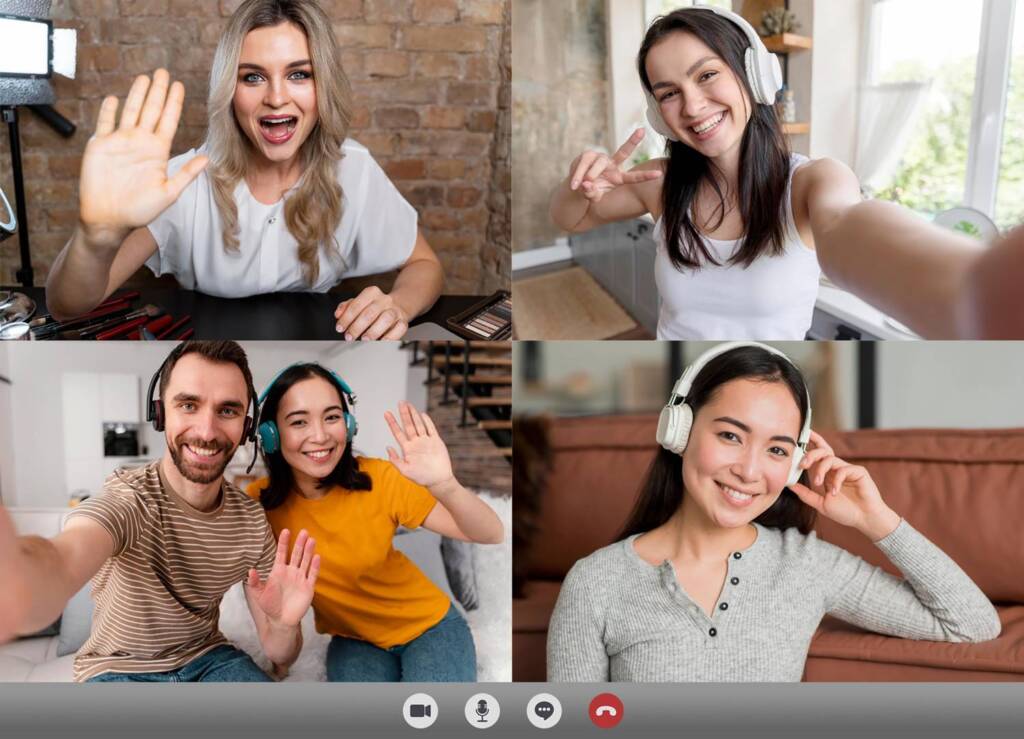The global shift to remote work redefined not only where we work, but how we create. For designers, this transformation opened new pathways for collaboration, fueled by digital tools and reimagined workflows. Creativity didn’t pause—it adapted, and in many cases, thrived.
Digital Tools, Real-Time Collaboration
Platforms like Figma, Miro, and Notion became more than tools—they became creative spaces. Designers could brainstorm, prototype, and iterate together in real time, no matter their location. This eliminated traditional barriers and introduced a new era of shared creativity that’s faster, more flexible, and inclusive.
“Creativity doesn’t require a room—it requires a rhythm.”
Bisher Barazi


Asynchronous Workflows Empowering Focus
With teams distributed across time zones, asynchronous design processes became the norm. Designers gained more uninterrupted time to dive deep into their craft. Feedback loops shifted to written clarity, making communication more intentional and thoughtful.
Remote collaboration has pushed designers to be more organized, adaptable, and communicative. It taught us that creativity isn’t confined to offices—it lives in connection, purpose, and the tools we use to bring our ideas to life. For senior designers, mastering this new rhythm is key to leading teams and delivering standout results in a remote-first world.



